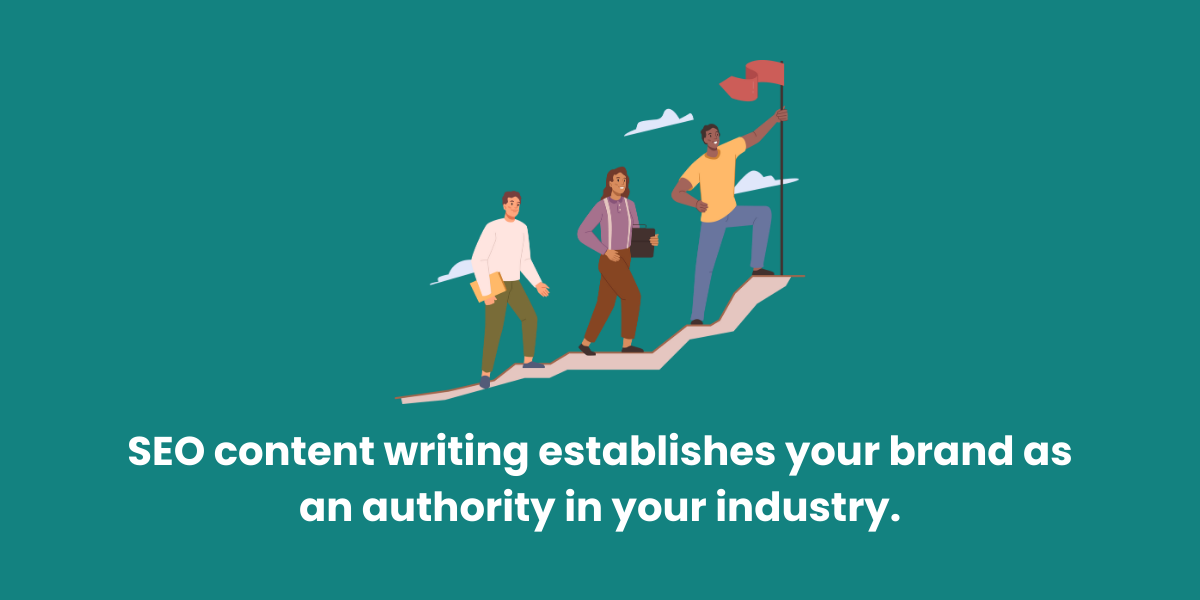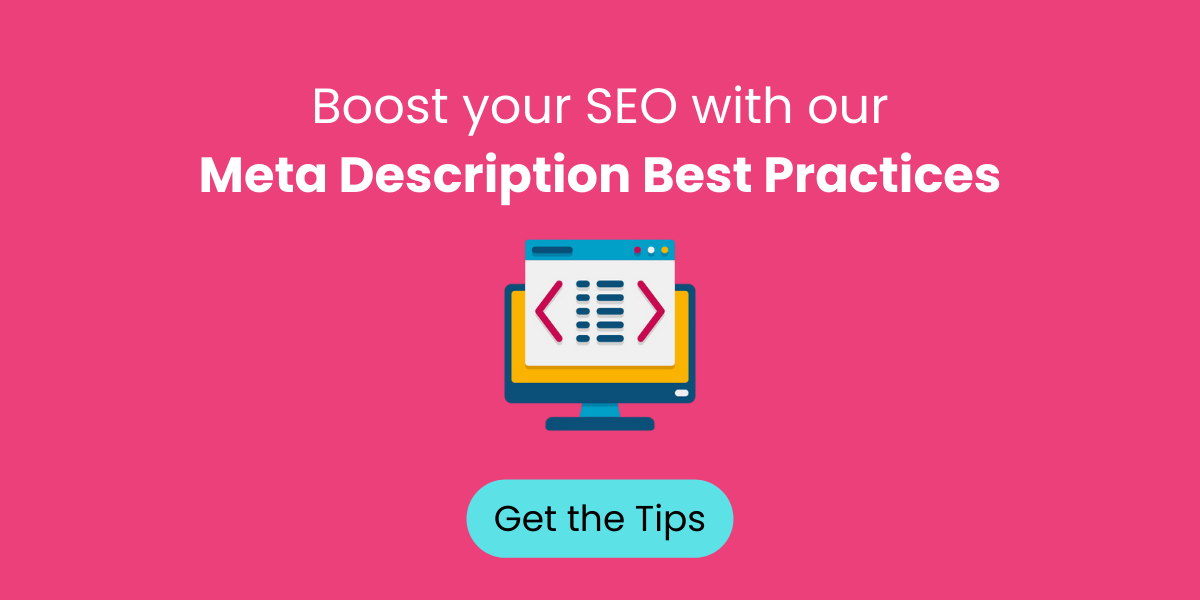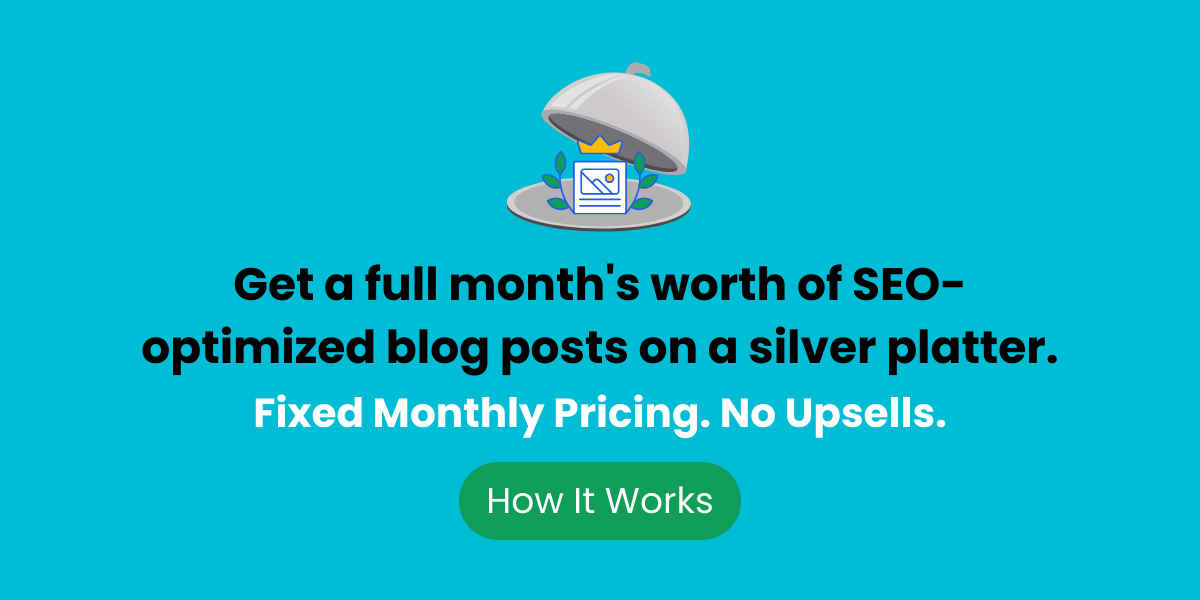If you’re an insurance agent looking to boost business, I’ve got news for you—implementing SEO for insurance agents is like finding a treasure map! It can draw tons of potential clients straight to your door. However, there’s more to it than just tossing around some keywords on your website.
Nope, SEO for insurance agents is an art form. It’s about finesse, strategy, and a whole lot of elbow grease. But when you get it right? Oh boy, get ready for your business to explode. I’m talking leads for days, baby.
Ready to get started and make SEO work for you? Let’s jump right in!
What Is SEO for Insurance Agents?
If you’re an insurance agent, SEO helps get your site noticed by folks searching online for insurance services. This approach puts you in front of potential clients looking exactly for the coverage and advice you offer.
Think of it like being at the top of the phone book (remember those?) but for the internet age. When someone types “life insurance quotes” or “car insurance near me” into Google, you want your site to be one of the first results they see.
Benefits of SEO for Insurance Agents
SEO is a game-changer for getting quality leads. Instead of throwing money at ads that might miss the mark, you connect with people who are already looking for insurance.
Ranking higher in search results does wonders for your credibility. Potential clients start seeing you as an expert, which makes them more likely to pick you over others.
SEO can help insurance agents get more qualified leads, boost website traffic, and become more visible online. By ranking higher on search engine results pages (SERPs), they can connect with potential clients who are looking for insurance services.
– Redbird Agents
Key Elements of SEO for Insurance Agents
So what goes into a solid SEO strategy for insurance agents? It starts with keyword research – figuring out what terms your ideal clients are searching for.
Then you optimize your site’s pages, making sure they include those keywords in all the right places (like titles, headings, and meta descriptions). Don’t forget about site structure too – a well-organized site is easier for search engines to crawl and index.
Of course, content is king. You need high-quality, relevant blog posts and articles that showcase your expertise and provide value to readers. The more helpful content you create, the better you’ll rank.

Developing an Effective SEO Strategy for Your Insurance Agency
Alright, now that you’ve got the hang of SEO for insurance agents, let’s talk about crafting a strategy that actually works.
Conducting Keyword Research
Keyword research is the foundation of any good SEO plan. You need to know what terms people are using to find insurance services like yours.
Start by jotting down a list of words and phrases that describe your business. Then, use tools like Google Keyword Planner or SEMrush to check how often people search for those terms and see how competitive they are.
When it comes to keyword research, the goal is to figure out which words and phrases people type into search engines while looking for insurance-related services. Using these keywords strategically in website content and meta descriptions helps insurance agents climb higher in search results, attracting a bigger audience of interested visitors.
— Redbird Agents (@redbirdagents) March 1, 2023
Look for keywords that have a good balance of search volume and competition. You want terms that enough people are searching for, but that aren’t so competitive that you’ll never rank for them.
Optimizing On-Page Elements
Once you’ve nailed down your target keywords, it’s time to work on enhancing each page of your site. You’ll want to focus on areas such as updating title tags, refining URLs for clarity and relevance, and weaving those keywords smoothly into the text without disrupting its flow.
- Title tags
- Meta descriptions
- Header tags (H1, H2, etc.)
- Image alt text
- Internal linking
Make sure each page targets a specific keyword and includes it in all the important places. But don’t overdo it – keyword stuffing will actually hurt your rankings.
Improving Site Structure and Navigation
How your site is structured and how users navigate it play a big role in SEO. A clear, logical layout helps search engines understand what each page covers so they can index everything properly.
Make sure your most important pages are easy to find and linked to from your homepage. Use descriptive, keyword-rich URLs for each page.
Mobile optimization is crucial these days. More folks are using their phones to search, so make sure your insurance agency website looks great and works well even on tiny displays.
Building High-Quality Content for Your Insurance Website
For insurance agents, having strong content can make all the difference in SEO. This helps show search engines—and future clients—that you’ve got expertise they can trust.
Types of Content to Create
You can spice up your insurance website with a variety of content. Think about creating articles, videos, infographics, and even customer testimonials to keep things interesting.
- Blog posts
- Articles
- Infographics
- Videos
- Case studies
- Ebooks/whitepapers
To connect with your target audience, focus on what they care about most. Answer their questions directly, tackle the problems they’re facing, and share information that’s hard to find anywhere else.
Best Practices for Content Creation
To make your insurance website shine, remember these key tips while creating content:
- Write for humans first, search engines second
- Use your target keywords naturally
- Break up text with headings, bullet points, and images
- Optimize for featured snippets
- Link to relevant internal and external sources
- Include calls-to-action
To keep readers coming back and eventually turning them into clients, make sure your content is top-notch and genuinely useful.
Promoting Your Content
Creating awesome content is step one. Step two? Promoting it everywhere you can. Post about your articles on social media platforms, include links in your email newsletters, and reach out to industry magazines or websites for extra exposure.
Once they’ve created great content, it’s time for insurance agents to promote it widely. Sharing posts on Facebook or LinkedIn is a good start; plus reaching out directly to thought leaders can open doors too. Writing guest posts for other well-known blogs in the field adds another layer of exposure that helps build an online reputation while drawing in possible new clients through high-quality backlinks.
– Redbird Agents
Building relationships with other bloggers and website owners in your niche by writing guest articles not only provides valuable content but also gets you those all-important high-quality backlinks essential for good SEO.
The more high-quality backlinks you have pointing to your site, the more authority you’ll have in the eyes of search engines. Just make sure the links are coming from reputable, relevant sources in the insurance industry.
SEO for insurance agents is crucial. It boosts your online visibility, attracts qualified leads, and builds trust with potential clients. Focus on keyword research, optimize on-page elements, improve site structure, create valuable content, and promote it to enhance search rankings.
Optimizing Your Insurance Agency’s Local SEO Presence
If you’re an insurance agent, you know that local SEO is crucial. You need to make sure your agency shows up when people in your area search for insurance-related terms.
But how do you actually optimize for local search? It’s not as complicated as you might think. Here are a few key strategies:
Claiming and Optimizing Your Google Business Profile
Start by claiming your Google Business Profile. This free tool lets you manage how your agency shows up in local search results and on Google Maps.
Once you’ve claimed your profile, fill it out completely. Add your agency name, address, phone number, website, hours, and services. Upload high-quality photos of your office, team, and logo.
It’s really important to keep your name, address, and phone number (NAP) the same on your website, Google profile, and other online directories. This helps Google confirm where you are and that you’re a real business.
Building Local Citations
Citations include mentions of your agency’s NAP across different platforms such as industry listings and review sites. They play a crucial role in helping Google gauge how well-known and authoritative you are online.
Focus on building citations on reputable, relevant sites. Start with general directories like Yelp, Bing, and Apple Maps. Then look for insurance-specific and local listings.
Your NAP information has to be spot on across all citations. If it’s not, it could seriously affect how well you rank locally.
Encouraging Customer Reviews
Your local SEO thrives on customer feedback. Reviews demonstrate genuine client satisfaction to Google and enhance how you appear in search results, making it easier for new potential clients to find and choose you over competitors.
Whenever you help a customer, ask them to leave a review on your Google profile. Make it easy by sending them a direct link. Respond to all reviews, positive and negative, to show that you value feedback and customer service.
Don’t be afraid to ask for reviews on other sites too, like Facebook and industry-specific directories. The more positive reviews you have across the web, the better for your local SEO and reputation.
Leveraging Social Media for Insurance SEO
Social media has evolved from simple friend connections to being an essential platform for enhancing your insurance agency’s online visibility and search engine ranking.
Given all the options out there, how do you decide where to focus your time and effort? What kinds of posts are most effective? Here’s some insight I’ve gathered:
Choosing the Right Social Media Platforms
Not every social media platform will hit the mark for your target audience. Some channels work better than others in connecting with the people you want to reach.
For insurance agents, Facebook and LinkedIn are solid choices. Facebook’s massive user base covers all age groups, while LinkedIn helps you reach professionals and business owners who might need commercial policies.
Twitter’s perfect for firing off quick tips, sharing industry news, and chatting with your community. Instagram shines when you want to highlight your agency culture and show the people behind your brand.
Creating Engaging Social Media Content
Once you’ve chosen your platforms, it’s time to start posting. But don’t just spam your followers with sales pitches. Focus on providing value and building relationships.
Publish valuable content like articles, visual guides (infographics), and educational videos related to insurance matters. Give practical advice for frequently asked coverage questions while celebrating customers’ successes through their testimonials.
Share some behind-the-scenes photos of your office or team volunteer events. These personal touches help humanize your agency and make you more relatable to clients.
Integrating Social Media with Your Website
For maximum SEO impact, your social media and website should work together. Add social media buttons to your site so visitors can easily follow you. Embed your social feeds on relevant pages, like testimonials or about us.
On the flip side, make sure your social profiles link back to your website. Use trackable URLs to see how much traffic and leads social is sending you.
You can make the most of your website content on social media platforms. For example, break down a blog post into bite-sized pieces for a Twitter thread or rework it as a detailed LinkedIn article. Customer reviews? Turn them into shareable quote images. It’s efficient and helps extend your reach.
Measuring and Analyzing Your Insurance SEO Results
SEO isn’t a set-it-and-forget-it strategy. You need to consistently track your efforts to see what’s working and what’s not. That’s where analytics come in.
Alright, I get it—hearing “analytics” might make you want to zone out. But seriously, this stuff matters. Here’s a simple way to dive in:
Setting Up Google Analytics
If you’re serious about improving your insurance agency website’s performance, Google Analytics is indispensable. This free resource provides insights into user behavior and site traffic, making it vital for any SEO strategy.
First, create a Google Analytics account and add the tracking code to your website. If you’re not tech-savvy, get help from a developer or your website platform’s support team.
Once Analytics is set up, take some time to explore the different reports. Look at your traffic sources, most popular pages, visitor demographics, and more. This will give you a baseline to measure your SEO progress against.
Tracking Key SEO Metrics
With Analytics in place, you can start tracking specific SEO metrics. Here are a few key ones to watch:
- Organic traffic: How many visitors are coming to your site from search engines?
- Keyword rankings: Where does your site rank for important keywords related to insurance?
- Backlinks: How many other websites are linking to your site, and how authoritative are they?
- Bounce rate: What percentage of visitors leave your site after viewing just one page?
- Conversion rate: How many visitors take a desired action, like filling out a quote form or calling your office?
Tools like Google Search Console, SEMrush, and Ahrefs can help you dig deeper into these metrics. However, just keeping an eye on your Analytics dashboard will still give you plenty of useful information.
Using Insights to Refine Your Strategy
Gathering data isn’t just a box to check off. Use what you find to fine-tune and boost your insurance agency’s SEO strategy continuously.
For example, if you notice that certain blog posts are getting a lot of organic traffic and engagement, consider creating more content around those topics. If you see that most of your traffic is coming from mobile devices, prioritize mobile-friendliness in your web design and content.
On the other hand, if your bounce rate is high or your conversion rate is low, dig into the reasons why. Is your content not matching searcher intent? Is your site difficult to navigate? Make changes based on what the data tells you.
Remember that SEO is always evolving. Regularly check your metrics, review them carefully, and adjust your approach for better results. By staying proactive with these updates, you can help push your insurance agency higher up in search rankings.
Claim and optimize your Google Business Profile, build consistent local citations, encourage customer reviews, leverage social media effectively, and use analytics to track and refine your SEO strategy. These steps will boost your insurance agency’s online presence.
Staying Up-to-Date with SEO Best Practices for Insurance Agents
As an insurance agent, you know that the digital landscape is constantly evolving. Search engine optimization (SEO) is no exception. To stay ahead of the game and keep your website ranking high in search results, you need to stay on top of the latest SEO tips and tactics.
But let’s be real – it’s not always easy to keep up with the ever-changing world of SEO. Between algorithm updates, changes in user behavior, and the constant need for learning and improvement, it can feel like a full-time job just trying to stay afloat.
Keeping an Eye on Algorithm Updates
One major hurdle for insurance agents in SEO is managing constant updates from Google. While these updates strive to enhance user experience, they often disrupt the rankings of your insurance agency website.
To stay ahead of the curve, I recommend setting up Google Alerts for key phrases like “Google algorithm update” or “SEO news.” This way, you’ll be notified whenever there’s a major update or change in the world of search engine optimization.
Make sure to keep an eye on your website’s analytics. If you spot a sudden drop in traffic or rankings, it might mean that an algorithm update has impacted your site.
Adapting to Changes in User Behavior
SEO for insurance agents has to keep up with how people are changing the way they search online. As technology keeps moving forward and new gadgets hit the market, user behavior shifts too.
More and more people are turning to voice search with virtual assistants like Siri or Alexa. To get noticed, you should use long-tail keywords and phrases that sound natural in conversation.
Mobile search is also a big factor to consider. With more than half of all web traffic coming from mobile devices, it’s crucial that your website is optimized for smaller screens. This means having a responsive design, fast load times, and easy-to-use navigation.
Continuous Learning and Improvement
To keep up with SEO best practices, insurance agents must always be ready to learn and adapt. The strategies that worked last year might not work today because SEO constantly changes.
If you’re looking to keep up with the latest in insurance marketing, try going to industry conferences, reading through insightful blogs, and engaging in online communities. Another great way is by enrolling in an online course or getting certified in insurance SEO services.
But learning is only half the battle – you also need to put what you’ve learned into practice. Regularly auditing your website for technical SEO issues, updating your content strategy, and experimenting with new tactics can help you stay ahead of the curve and keep your website ranking high in search results.
At the end of the day, staying on top of SEO for insurance agents means embracing change and always looking to improve. By monitoring algorithm updates, adjusting to how users behave online, and committing to constant learning, you can keep your website a valuable resource for your insurance business well into the future.
Stay on top of SEO by monitoring algorithm updates, adapting to user behavior changes like voice and mobile search, and committing to continuous learning. Use Google Alerts for key phrases and keep your site optimized for both desktop and mobile users.
Conclusion
Seo for insurance agents isn’t a walk in the park. It takes time, effort, and a willingness to constantly adapt and improve. But when you get it right, the payoff is immense.
You’ll pull in more qualified leads, gain the trust of potential clients, and become a go-to expert in your local market. Plus, you’ll save loads on traditional ads that just don’t bring the same return on investment.
Stay on track by continuously educating yourself, improving tactics, and putting client satisfaction at the forefront. A well-thought-out SEO strategy can propel your insurance agency to incredible heights.










